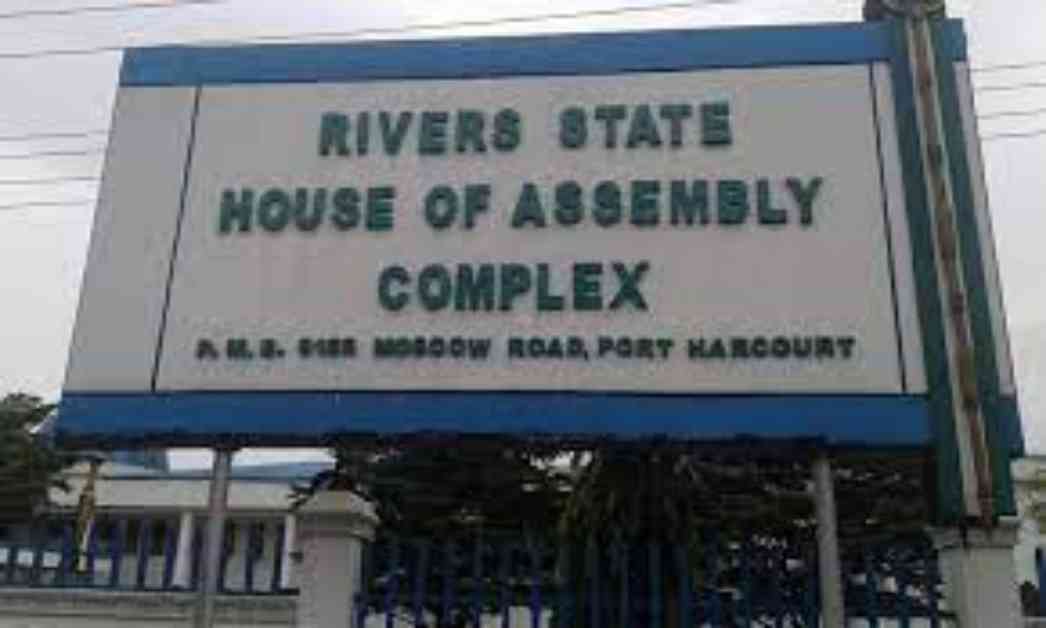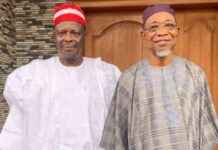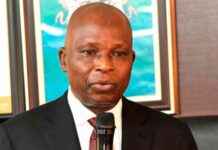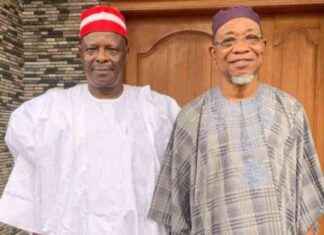The Rivers State House of Assembly is embroiled in a contentious battle with the state Governor, Sir Siminialayi Fubara, over the implementation of a crucial Supreme Court ruling. At the heart of the dispute is the requirement for the governor to re-present the 2025 Appropriation Bill, a mandate that has been met with allegations of deliberate obstruction and lack of cooperation from the governor’s office. The Assembly has taken a stand against what they perceive as attempts to undermine due process and manipulate public opinion to cast lawmakers in a negative light.
Challenges and Accusations
Dr. Enemi Alabo George, the Chairman of the House Committee on Information and Spokesperson for the Assembly, has been vocal in his criticism of Governor Fubara’s actions. He has highlighted the governor’s failure to produce a formal letter indicating his intention to present the appropriation bill, despite claims made in the media. The absence of this crucial communication has raised doubts about the governor’s commitment to transparent governance and collaborative decision-making.
George’s account paints a picture of frustration and resistance on the part of the governor, who allegedly rebuffed multiple attempts by the Assembly to engage in constructive dialogue following the Supreme Court ruling. From the rejection of official correspondence to the reported use of force against Assembly staff, the narrative is one of escalating tensions and a breakdown in communication between the two branches of government. The refusal to acknowledge the legitimate authority of the legislature has left the Assembly feeling marginalized and disregarded.
A Call for Accountability and Cooperation
In response to these challenges, George emphasized the importance of upholding constitutional principles and ensuring the smooth functioning of the state government. He underscored the critical role of the Assembly in the governance structure and called on all stakeholders to hold Governor Fubara accountable for his actions. By appealing to the broader public interest and the welfare of Rivers State residents, George sought to rally support for the Assembly’s position and push for a resolution to the impasse.
The Assembly’s plea for collaboration and respect for institutional boundaries reflects a broader concern for the rule of law and democratic norms. The refusal to be bullied or sidelined by the executive branch is a testament to the Assembly’s commitment to upholding its mandate and serving the interests of the people. As the standoff continues, the spotlight remains on Governor Fubara and his willingness to engage in a meaningful dialogue that prioritizes the needs of the state over personal or political agendas.
In a statement issued by Rivers State Commissioner for Information and Communication, Barrister Joseph Johnson, the administration criticized the Assembly for its public denials and lack of cooperation. Johnson highlighted the discrepancy between the public acknowledgment of the governor’s letter and the Assembly’s claim of non-receipt, suggesting a deepening divide between the two sides. The assertion that the letter is in the public domain further complicates the narrative and underscores the need for transparency and mutual understanding in resolving the conflict.
As the stalemate persists and tensions run high, the fate of the 2025 Appropriation Bill hangs in the balance. The outcome of this power struggle will not only shape the future of governance in Rivers State but also test the resilience of democratic institutions in the face of internal strife. The Assembly’s unwavering stance and the governor’s obstinacy set the stage for a high-stakes showdown with far-reaching implications for the state and its citizens. Only time will tell whether cooperation and compromise can prevail over confrontation and discord in this unfolding drama of political intrigue.















